When I spoke,
I got through!
This joy is the first step in learning.
Greetings

Breaking away from "Katakana English"
As you are all aware, while there are calls for improvement in the four skills of English education (listening, speaking, reading, and writing), Japanese people have long been weak in the areas of listening and speaking. In teaching English since the establishment of Gakushu-juku, I have felt that the English we learn in school is still not practical English. For example, if you are asked what you say about "apple" in English, if you answer "apple" in katakana English, they will definitely say "correct". Nowadays, with the development of AI, voice recognition tools have also advanced remarkably. Noting that the number of misconversions is decreasing due to transcription functions and translations that utilize these tools, we felt that incorporating these voice recognition tools into the system would increase motivation to learn English if they could first hear the correct pronunciation and then pronounce it correctly. We have felt from experience that the ability to acquire language, especially in early childhood, is very high, and of course, it is not impossible for adult adults to learn the sounds as they hear them without replacing them with katakana, although it is more difficult than for children. I would be happy if parents and children could enjoy it.
System Features
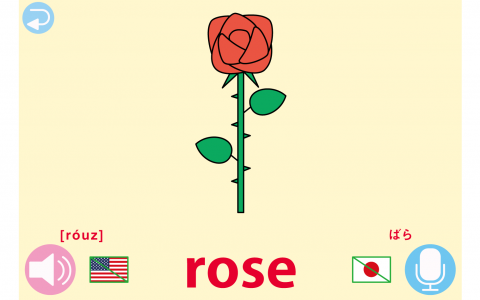
Using groundbreaking voice recognition AI tools
Using a voice-recognition AI tool, the system allows students to listen to words that even young children can understand in English and Chinese, imitate and pronounce them, and if their pronunciation is correctly recognized, they will receive the correct answer, giving them a sense of understanding and accomplishment. This is a revolutionary system that improves vocabulary and pronunciation without any difficulty. Please enjoy it with your family.
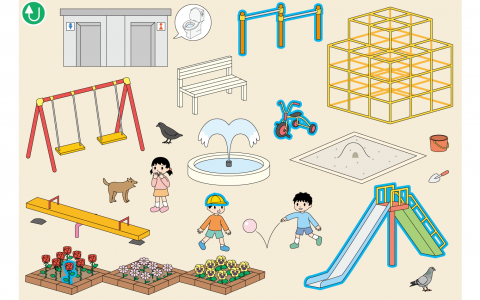
With a view of the world that requires no text.
Special attention was paid to the creation of a system that allows even those who cannot read to click on illustrations and learn words in a natural and enjoyable way. Children click on familiar objects, animals, insects, etc., from familiar scenes, and listen to and practice the correct pronunciation over and over again, aiming for pronunciation that is not misinterpreted.
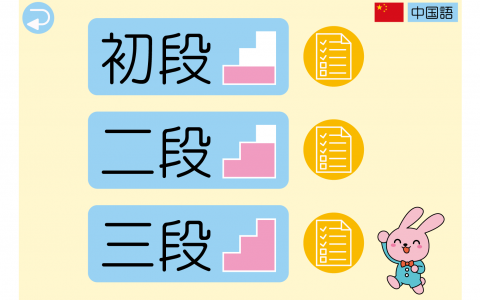
Complete of 180 familiar English&Chinese words each
For specific vocabulary, the program uses illustrations to point to five words (e.g., bed, pillow, desk, chair, book, etc.) in both English and Chinese that are related to familiar scenes (e.g., 12 types of bedroom, park, living room, etc.) that even young children can understand, and practice accurate pronunciation, aiming to master a total of 180 words in five steps from the first to the third step.
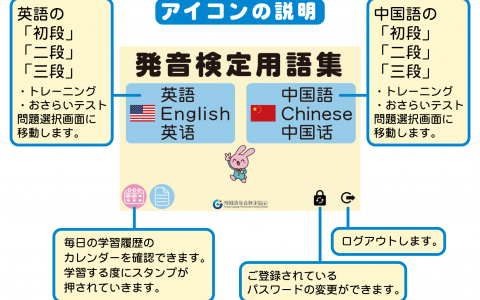
A sense of "accomplishment" while having fun
Currently, stages from Shodan to 3dan have been released (shorter sentences are planned for the future), and learning histories can be viewed, certificates will be issued upon completion of each stage, and, although optional, names and ages will also be posted on this website. This will help users feel a sense of "accomplishment" and motivate them. The system can be enjoyed on a variety of devices, including smartphones (currently only available for Android, unfortunately, but we are considering using it on the iPhone), Windows PCs, and Mac PCs, as long as there is a Wi-Fi environment.
about a vocabulary improvement system that utilizes this original speech recognition tool,
We have filed a patent application as follows
Type : Japan (Patent)
Title of invention : Language learning system,
Language learning system, language learning program, and language learning method
Application number : Patent Application 2023-126047
Filing date : August 2, 2023
This system displays a scene containing multiple related elements, and when the user utters the name of an object, the system is equipped with a voice judgment unit that determines whether the utterance is correct or not. The patent application was based on the theory that such a system would allow users to intuitively associate objects and scenes with the names of objects, making it easier for infants and foreigners who cannot read to remember words.
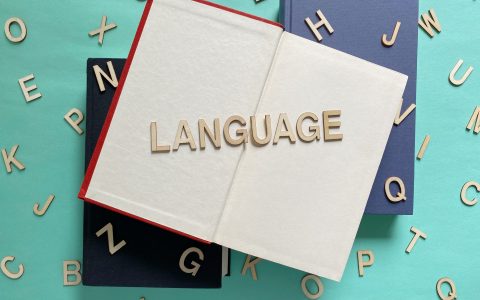
How to Join and Payment
We accept PayPay and PayPal as payment methods.
Please see below for details.
About us
Management Company: Canyon Mind Co.,Ltd.
Our company creates and sells online tutoring, after-school day care services, and skill development materials.
During the long-lasting Corona Disaster, learning online without going to a classroom was realized and became a reality around the world.
And unlike adults, children, including young children, have the greatest advantage of being able to learn from imitation without logic, a veritable world of imitation.
We have developed a system that takes advantage of this background and the unique characteristics of children, and have developed a system that makes it easy to learn a foreign language in an online environment using a computer or smartphone.
We hope you will enjoy this new language learning experience.
Contact Us
Please send us your inquiries below.
*Please refrain from sending sales messages.

